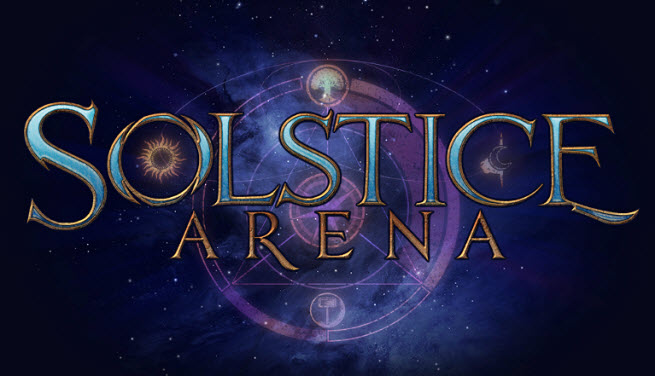Expanding into a much different market with a more engaged social gamer, Zynga is announcing today it has acquired the “midcore” social game startup A Bit Lucky for an undisclosed sum.
[aditude-amp id="flyingcarpet" targeting='{"env":"staging","page_type":"article","post_id":532269,"post_type":"story","post_chan":"none","tags":null,"ai":false,"category":"none","all_categories":"business,games,social,","session":"A"}']“This is the beginning of our expansion into the category of mid-core multiplatform games, and we’re bolstering our efforts with this acquisition of A Bit Lucky,” Jackson said.
AI Weekly
The must-read newsletter for AI and Big Data industry written by Khari Johnson, Kyle Wiggers, and Seth Colaner.
Included with VentureBeat Insider and VentureBeat VIP memberships.
The whole team of 20 employees (pictured right) at San Mateo, Calif.-based A Bit Lucky is joining Zynga. That includes founders Frederic Descamps (pictured below right) and Jordan Maynard (pictured below, left), who started the company in 2009. I’ve followed Frederic’s career since he was a student at Stanford and an organizer of some of the biggest social game parties in the San Francisco Bay Area. He and Maynard worked together at online gaming firm Trion Worlds (Rift, the upcoming End of Nations) and before that Maynard worked on Spore at Electronic Arts.
Jackson declined to say how big the midcore market is and what its definition is. But Descamps said that the company has the ambition of creating larger and larger audiences for mid-core games, so it didn’t want to put an artificial limit on the market size. A Bit Lucky is in the middle of creating a new multiplatform game, Solstice Arena, that the team will continue to create under Zynga. The goal is to produce richer and deeper game play, with lots of social features.
Descamps said in an interview with GamesBeat that his company had a variety of options, including raising more money. But the more he met with Zynga leaders such as Jackson, studio head Steve Chiang, and chief executive Mark Pincus, the more he felt a meeting of the minds on mid-core games.
“We had a meeting of the minds,” Descamps said. “They are smart and focused on changing the game industry. They have speed of execution and monetization.” Maynard added, “I found that a fair amount of my game development friends are at Zynga. We are focused on bringing console-quality games to multiple platforms.”
[aditude-amp id="medium1" targeting='{"env":"staging","page_type":"article","post_id":532269,"post_type":"story","post_chan":"none","tags":null,"ai":false,"category":"none","all_categories":"business,games,social,","session":"A"}']
In March, 2011, A Bit Lucky raised $5 million from Asian online gaming firm Nexon. Prior to that, A Bit Lucky raised $2.6 million from angels including SV Angel (Ron Conway’s firm), Chris Dixon’s Founder Collective, Aydin Senkut’s Felicis Ventures, Red Octane founders Charles and Kai Huang, IGN co-founder Mark Jung, Google M&A chief David Lawee, Lerer Ventures, Delicious founder Joshua Schachter, early Facebook employee Jed Stremel, and XG Ventures.
Zynga is also working on midcore titles by publishing games developed by third-party developers. It has 24 developers now in its third-party Zynga Platform. Those include Antic Entertainment, Big Bite Games, CrayonPixel, Eruptive Games, JamRT, The Method, Playnery, RocketPlay, and TikGames. One of the biggest names in the Zynga Platform is Richard Garriott, whose Portalarium social game startup is publishing Ultimate Collector on Facebook via Zynga.
VentureBeat's mission is to be a digital town square for technical decision-makers to gain knowledge about transformative enterprise technology and transact. Learn More

